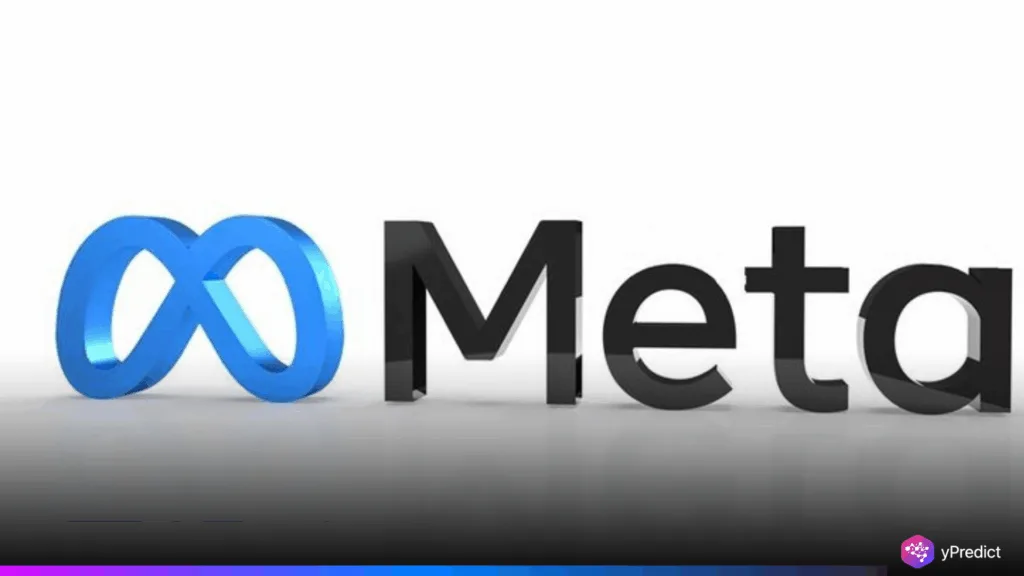
Meta CEO Mark Zuckerberg has taken another bold step in the AI race by launching a new division—Meta Superintelligence Labs—as part of the company’s aggressive AGI push. The new initiative aims to reshape Meta’s artificial intelligence roadmap after recent stumbles, including a lukewarm response to its Llama 4 model and high-profile talent losses.
Zuckerberg’s latest move centers on reclaiming dominance in a field where Big Tech rivals like Google, OpenAI, and DeepSeek are rapidly advancing. The new division brings together some of the sharpest minds in AI, including key OpenAI alumni, as Meta accelerates work on artificial general intelligence—AI systems that can reason beyond human capability.
Alexandr Wang to Lead Meta Superintelligence Labs
At the core of Meta’s reorganization is Alexandr Wang, the former CEO of Scale AI. Zuckerberg has appointed him as chief AI officer, placing him in charge of the newly formed Meta Superintelligence Labs. Wang isn’t entering alone—he brings a segment of his former Scale AI team with him, reinforcing the unit with battle-tested expertise in data infrastructure and model deployment.
Wang will co-lead the division with Nat Friedman, ex-GitHub CEO, who will oversee AI product development and applied research. Their dual leadership signals Zuckerberg’s ambition to integrate deep technical know-how with product execution at scale. Daniel Gross, co-founder of Safe Superintelligence (SSI), will also join the team. His appointment underlines Meta’s commitment to blending research intensity with commercial vision.
OpenAI Alumni and DeepMind Vets Join Meta’s Talent Arsenal
Zuckerberg hasn’t limited himself to leadership hires. Over the past month, he led a sweeping recruitment drive, approaching top AI talent directly—even via WhatsApp—with pay packages reportedly exceeding millions. Among the newest recruits are former OpenAI alumni such as Jiahui Yu, Shuchao Bi, Shengjia Zhao, and Hongyu Ren.
They join other high-profile names, including DeepMind researchers Jack Rae and Pei Sun, and Joel Pobar from Anthropic, who previously worked for over a decade at Meta. The hiring spree has raised eyebrows across the Big Tech ecosystem. OpenAI CEO Sam Altman recently revealed that Meta offered his employees bonuses of up to $100 million to switch sides.
Strategic Investments and Internal Shakeups Fuel AGI Push
Meta’s launch of Superintelligence Labs follows its recent $14.3 billion investment in Scale AI. The timing aligns with growing internal pressure to demonstrate meaningful progress in AI. The company’s earlier model, Llama 4, failed to impress the community, leaving room for competitors to take the lead.
With the new division, Meta aims to fast-track AI capabilities across multiple fronts—from general-purpose agents to image-to-video ad creation and smarter wearable products. The team’s priorities reportedly include upgrades to the Meta AI assistant and early breakthroughs in AGI architecture. Zuckerberg’s involvement signals how critical this pivot is. He appears to be placing Meta’s future on its ability to lead in AI, even amid skepticism about its high-stakes, long-term bets.
Analysts Question Returns As Big Tech Doubles Down
Despite the high-profile hires and cash injections, some analysts remain unconvinced. They worry the AGI push could mirror past ventures like Reality Labs, which burned through more than $60 billion with little market impact beyond Ray-Ban smart glasses and Quest VR headsets. Still, Meta isn’t alone in going all-in. Big Tech giants are expected to spend $320 billion on AI in 2025. Microsoft already spent $650 million acquiring most of Inflection AI’s staff earlier this year, while Amazon absorbed top talent from Adept. The talent war is heating up fast.
Yet even as Meta races forward, the goal of AGI remains distant. Meta’s own chief AI scientist, Yann LeCun, recently said current methods won’t be enough to reach AGI. Meanwhile, SoftBank’s Masayoshi Son believes the breakthrough may still be a decade away. Regardless of when or if AGI arrives, Meta has now reentered the arena with full force. With leadership reshuffled, new research blood, and an urgent mission ahead, the company is betting big that it can outpace the rest of Big Tech in the AI revolution.






